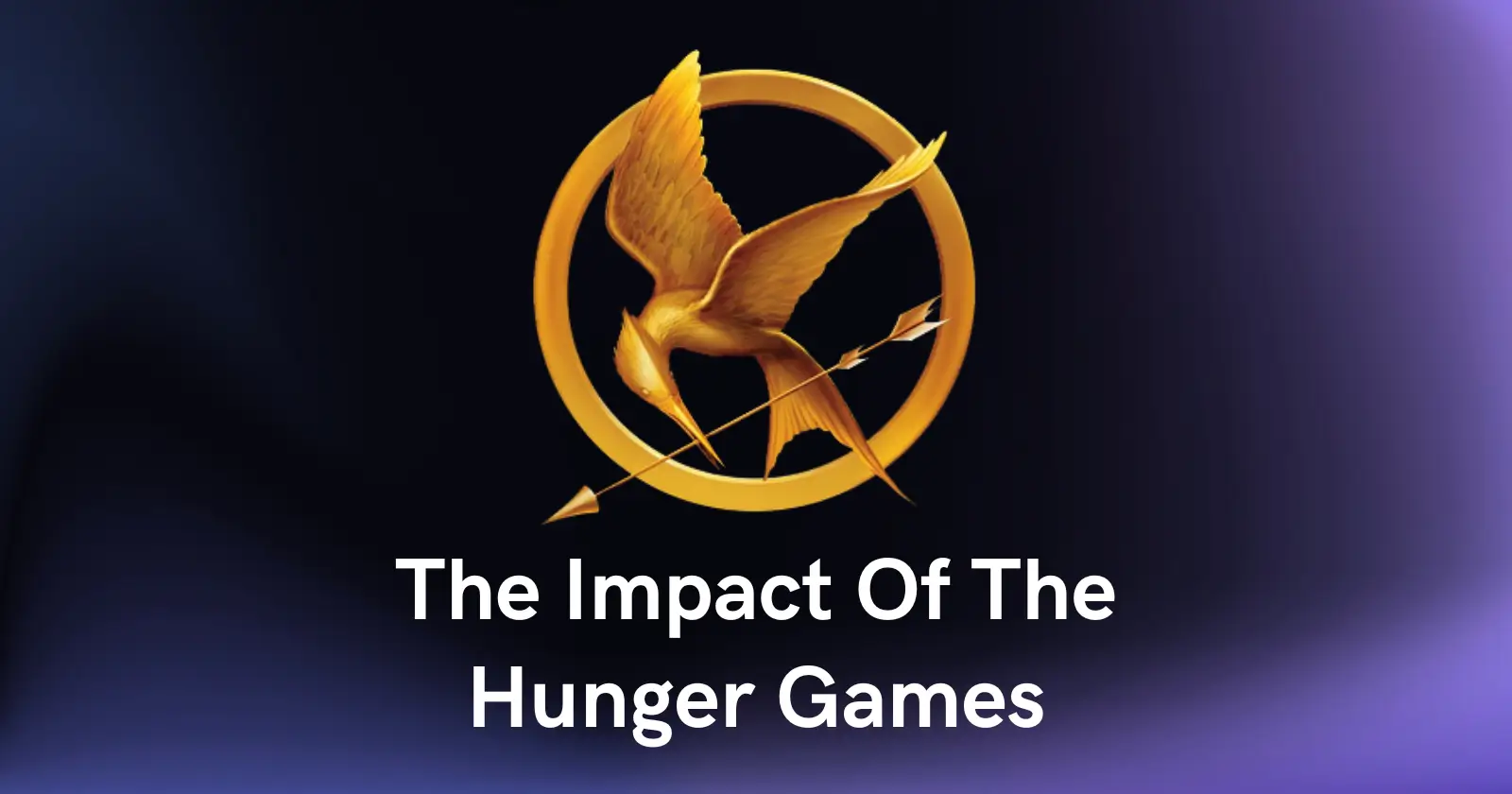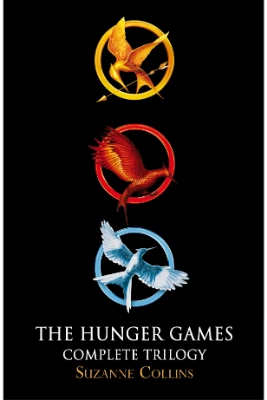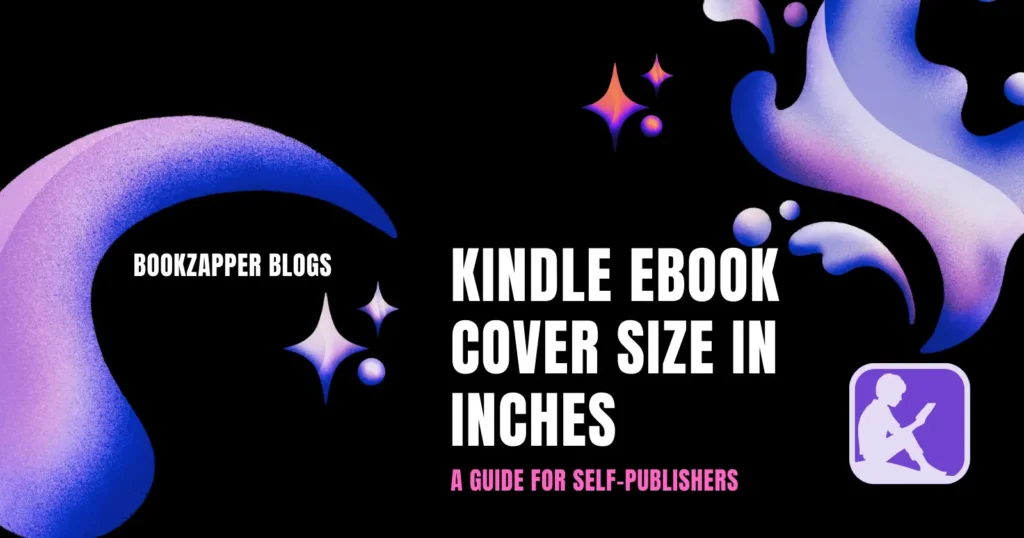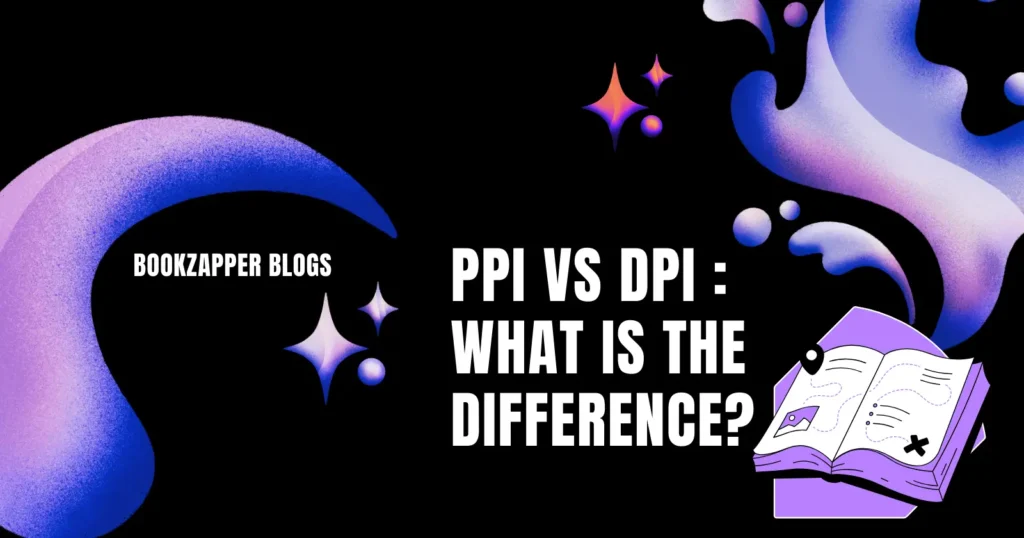
The Hunger Games: How a YA Dystopian Series Changed the World
Do you remember the first time you read The Hunger Games books? What if you had to fight for your life in a televised death match? These are some of the questions that captivated millions of fans around the world, who followed the adventures of Katniss Everdeen, a brave and rebellious teenager who challenged a cruel and oppressive regime.
The Hunger Games, written by Suzanne Collins and published between 2008 and 2010, is one of the most popular and influential YA dystopian series of all time. It has left a lasting impact on the young adult genre, the publishing industry, the pop culture, and the readers. In this article, we will explore some of the ways that The Hunger Games franchise revolutionized the world of YA literature and beyond.
This digital bundle includes all books in the original trilogy in the Hunger Games series. Set in a dark vision of the near future, a terrifying reality TV show is taking place. Twelve boys and twelve girls are forced to appear in a live event called The Hunger Games.
There is only one rule: kill or be killed.
The Genre
Suzanne Collins introduced a strong female protagonist, who was not only skilled in archery and survival, but also compassionate and loyal to her friends and family. Katniss was a complex and realistic character, who faced difficult choices and moral dilemmas, and who inspired many other female heroes in YA literature.
She also created a rich and immersive world, where the futuristic nation of Panem was divided into 12 districts and a Capitol, each with its own culture, history, and resources. The world of Panem was a reflection of the social and political issues of our own world, such as inequality, oppression, rebellion, and war.
The Hunger Games also delivered a thrilling and emotional plot, where the stakes were high and the twists were unexpected. The series kept the readers on the edge of their seats, as they witnessed the horrors of the Hunger Games, the sparks of the romance, and the flames of the revolution.
The trilogy set the standard and the trend for the YA dystopian genre, and influenced many other series, such as Divergent, The Maze Runner, and The Giver. The Hunger Games showed that YA dystopian literature can be both entertaining and meaningful, and that it can appeal to a wide and diverse audience.
The Industry
Suzanne Collins’s trilogy became a best-selling phenomenon, selling over 100 million copies worldwide and being translated into more than 50 languages. The series also spawned a successful movie franchise, starring Jennifer Lawrence, Josh Hutcherson, and Liam Hemsworth, which grossed over $2.9 billion at the global box office.
The Hunger Games also became a cultural icon, generating a huge fan base, a vast merchandise, and a widespread media coverage. The series also faced some challenges and controversies, such as the media’s focus on the love triangle, the marketing of Capitol products, the casting of the actors, and the censorship of the books in some countries.
The Hunger Games also had some positive effects on the publishing industry and the media, such as the increase in YA readership, the diversity and inclusion movement, and the social activism inspired by the series. The Hunger Games encouraged more people to read and write YA literature, to celebrate and support diverse voices and stories, and to raise awareness and take action on important causes.
The Readers
Suzanne Collins’s trilogy affected the readers and the fandom, by creating a passionate and loyal community, a rich and creative fan culture, and a lasting and meaningful impression. The fans expressed their love and appreciation for the series, by creating fan art, fan fiction, fan videos, fan podcasts, and fan events.
The Hunger Games also touched the lives of many fans, who related to the characters, the themes, and the messages of the series. The fans shared their personal experiences and opinions about the series, such as how they discovered it, how it helped them cope with their own struggles, how it changed their perspective on the world, and how it inspired them to pursue their dreams.
The Hunger Games also remained relevant and influential, even after the series ended. The fans continued to enjoy and celebrate the series, by revisiting the books and the movies, by participating in the anniversary events and celebrations, and by anticipating the recent and upcoming developments related to the series, such as the prequel novel The Ballad of Songbirds and Snakes, the possible movie adaptation, and the future spin-offs and sequels.
The Legacy
The Hunger Games is more than just a YA dystopian series. It is a phenomenon that changed the world of YA literature and beyond. It is a legacy that will continue to shape the future of YA literature and beyond. What are your favorite memories of The Hunger Games? How do you think The Hunger Games will continue to influence the world of YA literature and beyond?
FAQ – Frequently Asked Questions
What is The Hunger Games about?
The Hunger Games is set in a dystopian future where teenagers from different districts are chosen to compete in a televised battle to the death, known as the Hunger Games. The story follows Katniss Everdeen, who volunteers to take her sister’s place in the games, and her fellow tribute Peeta Mellark, who declares his love for her on live TV. Together, they must survive the deadly arena and the manipulations of the Capitol, while also sparking a rebellion among the oppressed people of Panem.
How many books and movies are there in The Hunger Games series?
There are four books and four movies in The Hunger Games series. The first three books, The Hunger Games, Catching Fire, and Mockingjay, form a trilogy that follows the main storyline of Katniss and Peeta. The fourth book, The Ballad of Songbirds and Snakes, is a prequel that focuses on the origin story of President Snow, the main antagonist of the trilogy. The first three books were each adapted into one movie, while the fourth book was split into two movies, Mockingjay – Part 1 and Mockingjay – Part 2.
What is the significance of the Mockingjay pin in The Hunger Games?
The Mockingjay pin is a symbol of rebellion and resistance in The Hunger Games. It is a gold pin that depicts a mockingjay, a hybrid bird that can mimic human voices. The mockingjay was created accidentally by the Capitol, when they tried to use genetically engineered birds called jabberjays to spy on the rebels during the first rebellion. The jabberjays mated with wild mockingbirds, creating the mockingjays, which became a source of embarrassment for the Capitol. Katniss receives the pin from her friend Madge, the mayor’s daughter, before she leaves for the games. She wears it as a token of her district, but it soon becomes a rallying point for the rebels, who see it as a sign of hope and defiance.
What are the best ways to enjoy The Hunger Games series?
There are many ways to enjoy The Hunger Games series, depending on your preferences and interests. You can read the books, watch the movies, listen to the audiobooks, or play the games. You can also join the fan community, create fan art, fan fiction, fan videos, fan podcasts, and fan events. You can also revisit the books and the movies, participate in the anniversary events and celebrations, and anticipate the recent and upcoming developments related to the series, such as the prequel novel The Ballad of Songbirds and Snakes, the possible movie adaptation, and the future spin-offs and sequels.
How did The Hunger Games change the world of YA literature?
The Hunger Games is one of the most popular and influential YA dystopian series of all time. It introduced a strong female protagonist, who was not only skilled in archery and survival, but also compassionate and loyal to her friends and family. It also created a rich and immersive world, where the futuristic nation of Panem was divided into 12 districts and a Capitol, each with its own culture, history, and resources. The Hunger Games also delivered a thrilling and emotional plot, where the stakes were high and the twists were unexpected. The Hunger Games set the standard and the trend for the YA dystopian genre, and influenced many other series, such as Divergent, The Maze Runner, and The Giver. The Hunger Games showed that YA dystopian literature can be both entertaining and meaningful, and that it can appeal to a wide and diverse audience.





